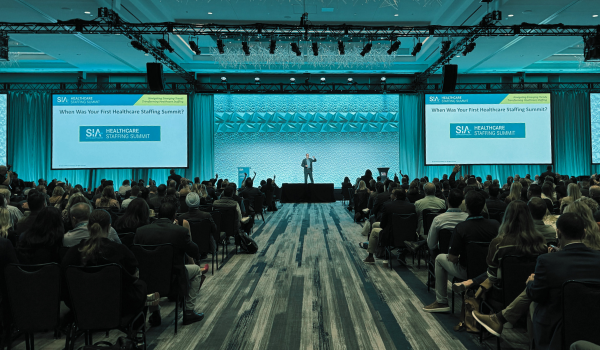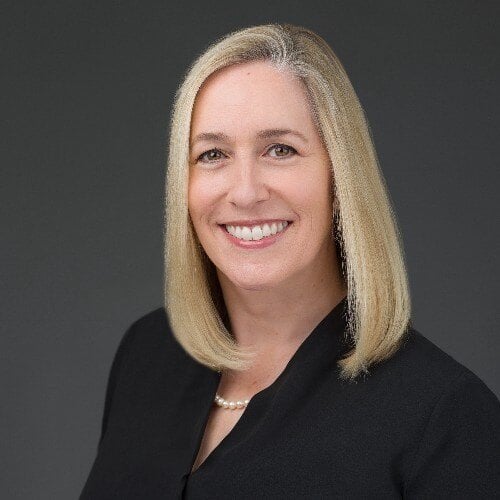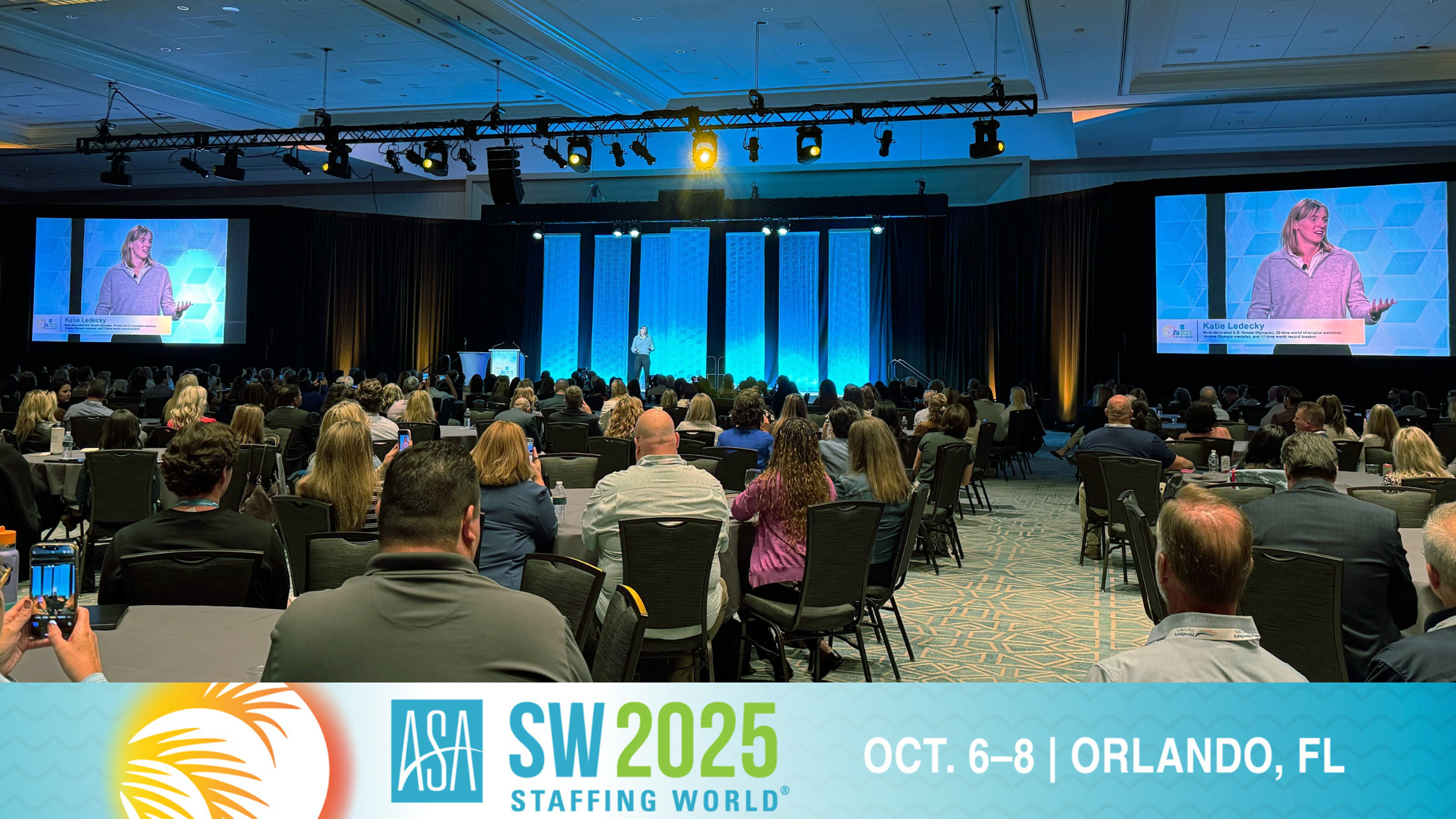I’m back, hot off the heels of the Healthcare Staffing Summit in Texas, where we made awesome connections, had interesting conversations, and spent time digging into the evolving healthcare landscape and how to navigate it. Here are a few of the overarching themes, big takeaways, and ‘aha’ moments I had:
Navigating Emerging Trends and Workforce Dynamics
Since the first healthcare staffing summit in 2003, the industry has grown from a $23 Billion market in 2019 to $40Billion in 2024. And after a few bumpy, outlier years, Barry Asin, Chief Analyst at SIA, said it seems that we’re back on a path of continued growth. Growth that’s expected to be led by travel nursing and locum tenens.
With the wave of change in technology and the market, the strategic path is clear: lead, follow, or get out of the way. Finding a niche that you can ‘own’ and be the best at is the best path forward for most organizations.
Then, it’s not about whether you will embrace a digital transformation but when and how. Healthcare staffing has been at the forefront of implementing and integrating technology, especially in their back-office. Four out of seven of the largest healthcare staffing companies have developed self-service platforms (serving per diem and travel nursing), AI bots help staffing agencies recruit, and credentialing can and is being integrated into the tech stack (often automatically). Technology is revolutionizing how healthcare staffing gets their work done; don’t just implement technology for the sake of it–make sure you’re getting more efficient (even in often hidden processes like accounts receivable automation). It’s up to your organization to find what works best to create a flywheel that enhances service and quality while preserving human interaction.
Legal and Regulatory Considerations
In the roundtable sessions, I participated in a discussion focused on the legal challenges facing healthcare staffing. Here are a few highlights:
- We spoke about the importance of staffing staying ahead of policy changes in order to ensure compliance and avoid fines. For example, meal waivers and indemnity language (with strong advice to be very specific about indemnity language).
- Other protective legal measures for agencies include using specific language in contracts and implementing strong arbitration agreements to handle sensitive claims.
- We also spoke about the challenges staffing faces with paid time off/sick leave and rate caps.
The Supplier and Managed Service Provider Relationship
I attended a few sessions that touched on the importance and challenges of the Managed Service Provider (MSP) in healthcare staffing. The first was an excellent roundtable about MSPs where we talked about some of the challenges staffing faces in partnering and working with MSPs, like fee structures and price sensitivity. Then, we discussed how to foster strong partnerships through effective communication and service delivery.
In a subsequent session, Key Trends and Insights from Healthcare Staffing Summit with Ursula Williams, Jean Cook, Jarin Dana, April Hansen, and Crystal Fullilove, the discussion focused more closely on some of the challenges healthcare staffing faces when working with MSPs and how to address them. It highlighted that suppliers are feeling the pressure MSPs and their clients are putting on gross margins as they flex their market power (only 23% of the market is not with a MSP). Higher fees need to come with new tech or value adds, and suppliers need to get net new value.
The challenges and reduced margins of working with MSPs means that some staffing companies choose not to work with MSPs. That has a downstream impact, where orders go unfilled–hurting patients and customers. It’s important for organizations to do what makes sense for them.
If you are going to work with MSPs, it’s vital that you take time to understand the MSP’s financial health. Like any partner, you want to make sure they are financially viable, but it’s especially important when agreeing to ‘paid when paid’ contracts.
It was an extraordinary conference. I loved the message from Mike Cleland, founder of Charted Path, about optimism and preparedness, which essentially asked healthcare staffing agencies to be optimistic, be focused, and look for the leaders in their organization. It was a reminder of all the good, creative, highly motivated talent in the room and the growth we will shepherd. I'd love to hear your thoughts or additions to my takeaways. If we missed you at the event, or you weren't able to attend and would like to catch up, please send me a message or book some time.






